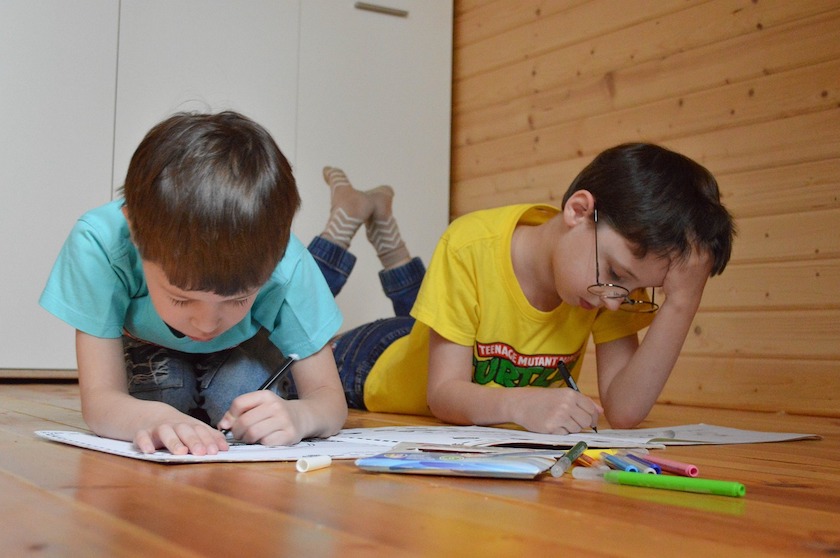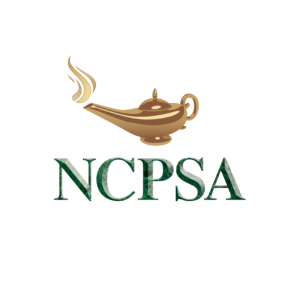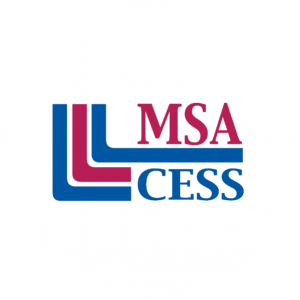Do you have a curious child who learns differently than their peers? Is your student a capable, neurodiverse learner with special needs such as dyslexia, autism, or ADHD who would benefit from a highly personalized learning approach? Have you considered homeschooling as a possible alternative but are unsure about where to begin?
Before enrolling in Clonlara’s Off-Campus Program, parents Kathleen and Minette realized they needed a different approach to their children’s education. Kathleen was struggling to foster a love of learning in her twin boys who have profound dyslexia, dysgraphia, and dyscalculia; and Minette had tried but was unable to make the “usual systems” work for her twice-exceptional (2e) son.
When families enroll in Clonlara, our advisors work with them to develop their own ideas about how they want to school, from the use of structured lesson plans to open discovery methods and everything in between. This support empowers the students to play an active role in their education and gives them the time and space they need to learn in ways that work for them.
Reigniting a Love for Learning
Kathleen’s boys had been struggling with geometry to the point where they were losing their desire to learn. Their advisor stepped in with a fresh suggestion that inspired the boys to want to continue learning during the summer. “[They] are now thinking that they would like to ‘redo’ Algebra I with this new approach to help them prepare for Algebra II,” says Kathleen. “How often does that happen—struggling kiddos choosing to do more work?”
Minette’s son, Chris, was having a hard time making the leap to fluency despite interventions aimed at improving his reading capabilities. His friends really liked reading popular East Asian fiction, and they would sometimes read the stories out loud to him. Chris enjoyed the stories so much that he started reading them himself.
Because of this interest, his Clonlara advisor recommended he design a creative writing course for himself focused on reading, writing, and analyzing these kinds of stories. Describing his immediate improvement, Minette says, “Using his intrinsic motivation resulted in much more progress than when we had used a more standard curriculum.”
A 2e learner who is both brilliant and dyslexic, Chris also took time to focus on his physical and mental health as he transitioned to this new method of learning. Taking this time to “deschool” helped him to take full advantage of Clonlara’s approach to education. His mother could see the difference in how he attended to his education. “With Clonlara’s freedom and flexibility, Chris was able to regain his health, rediscover his love of learning, and use his strengths and interests to raise up his weaknesses.”
Built-In Flexibility for Learners with Special Needs
To assist students with special needs, schools often make modifications to instruction such as simplifying or reducing the amount of work, increasing the time to complete activities, or altering the instructional delivery, but at Clonlara, we personalize learning for every child. “Sometimes a student with special needs requires alternative resources or a modified timeline,” explains Roslyn Imrie, director of Clonlara’s U.S. Off-Campus Program. “We approach each student with an equally open mind to a world of possibilities.”
Tanya Dixon, lead advisor, describes the personalized learning path for a Clonlara student with Down Syndrome whose parent was very focused on building independence and safety for her child. To complete his geography requirement, this student studied his own community, learned about its public transportation, and became competent in navigating the bus system autonomously. For his government credit, he acquired knowledge about the “helpers” in his community, as it was important for him to understand who to ask for assistance and where and how to access services.
The flexibility built into a Clonlara education is beneficial for all learners. “Our approach enables parents to personalize their children’s education to match their learning needs and interests. We don’t superimpose or mandate curriculum choices or grade level expectations,” Tanya explains. Clonlara supports families by helping them understand terminology, directing them to useful resources, and suggesting strategies to address specific needs.
Earning an Accredited High School Diploma
For students with special needs, there are often only two education options: pursue a high school diploma, often while struggling to navigate an educational system that is largely inaccessible to them, or receive accommodations that put them on a “certificate track.” Clonlara offers another option.
Roslyn Imrie, Clonlara’s U.S. Off-Campus Program director and mother to Zane who is autistic, explains that some students with special needs struggle in the fast-paced, overstimulating environment of a traditional school setting. “During the pandemic, we kept Zane home for health-related reasons, and we noticed that his outbursts and meltdowns stopped—something we chalked up to maturity. But those behaviors returned when Zane went back to school, and we realized that the classroom stressed him out to an unacceptable level.”
Although capable of the work, Zane would not be able to continue in the same classes as his peers, which could result in a certification that is not widely accepted at colleges. “We are thankful that Clonlara will be a better option for Zane to receive his high school diploma since he is smart and wants to attend college one day.”
Students with learning differences who are working at their own level and pace can earn a high school diploma at Clonlara. All students and their families receive individual advising from a highly qualified team. For learners with special needs, advisors can help families modify course titles to accurately reflect content, implement accommodations for their students, and even write 504 plans when necessary.
“At Clonlara, we believe that, with support, every student can meet graduation requirements and receive a high school diploma,” explains April Huard, director of education.
Partnering with Clonlara
Families often feel alone and inadequate when embarking on an education journey different from the norm. These insecurities may be compounded when taking the journey with neurodiverse children who have special needs. It is why we partner with families to monitor every student’s progress and achievement, provide guidance, and suggest materials and learning tools along the way.
Determining the education path that works best for your child and your family dynamic takes time and patience. When her boys first enrolled at Clonlara, Kathleen had meetings with their advisor who reminded them all why they were there: to learn. “Tanya always took the time to reach out to me after she reviewed their Full Circle Learning projects, and she always had suggestions or tweaks that helped with their understanding.”
Minette agrees, “Clonlara gave our family the support, time, and kindness that we needed to sort out our son’s complex situation.”
If you see your children’s education as an obstacle rather than a complement to achieving your family’s dream, contact us to learn how Clonlara can support your learning journey.





One Response
I homeschool 2 special needs children and I have questions about your curriculum.Can someone reach out to me as soon as possible. Thank you 😊